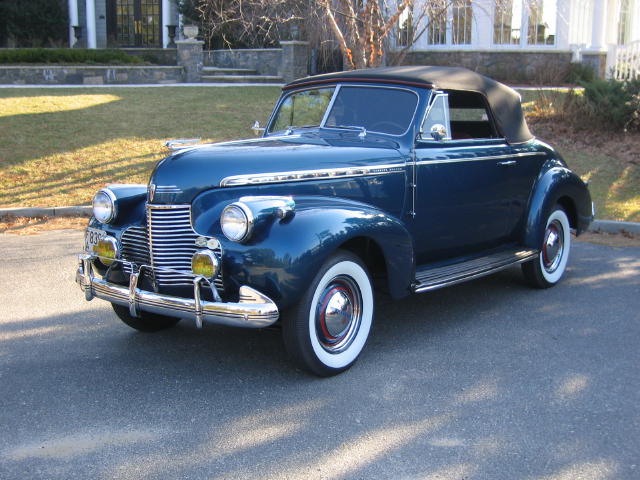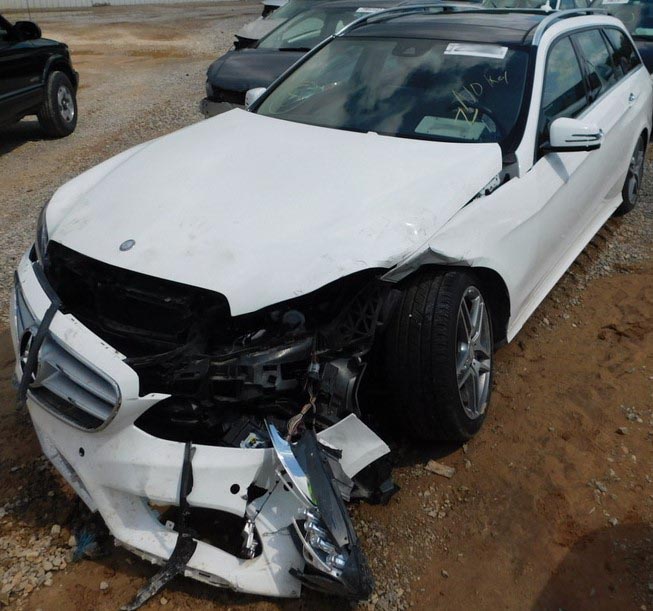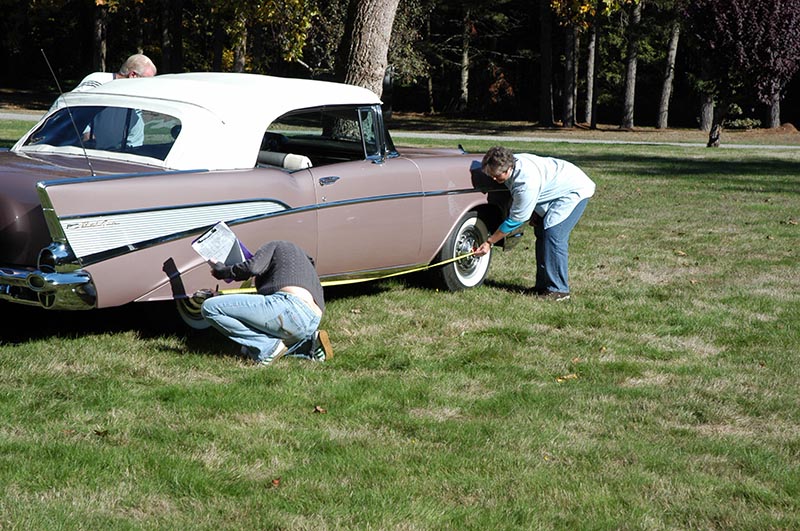 During the 30 years that AAG has performed vehicle inspections and appraisals, we have faced our fair share of car owners and classic car collectors who are not happy with their appraisal results. While any vehicle appraisal should document the criteria for an appraised value, many vehicle owners may wonder why their vehicle was not appraised at the value they expected. We wanted to provide some insight into the common reasons your appraisal may be lower than you expected, and what you can do about it.
During the 30 years that AAG has performed vehicle inspections and appraisals, we have faced our fair share of car owners and classic car collectors who are not happy with their appraisal results. While any vehicle appraisal should document the criteria for an appraised value, many vehicle owners may wonder why their vehicle was not appraised at the value they expected. We wanted to provide some insight into the common reasons your appraisal may be lower than you expected, and what you can do about it.
Vehicle Comps
One source of market research is a list of comparable vehicles that have recently been sold. The comparison to similar vehicles can provide a realistic understanding of your vehicle’s value. If these “comps” have lost value or if your assessment of your vehicle’s value is inflated, your appraisal could come back lower than you expected.
 If comparable vehicles have experienced a drop in value recently, it may be due to a flood of similar cars in the market. If you are unhappy with your appraisal, you can wait for your vehicle’s comps to gain value as the market is depleted and schedule a new appraisal. This is especially useful advice when appraising collector cars. Collector values can wax and wane in proportion to current trends and supply: a short supply quickly raises values, and an oversupply quickly lowers them.
If comparable vehicles have experienced a drop in value recently, it may be due to a flood of similar cars in the market. If you are unhappy with your appraisal, you can wait for your vehicle’s comps to gain value as the market is depleted and schedule a new appraisal. This is especially useful advice when appraising collector cars. Collector values can wax and wane in proportion to current trends and supply: a short supply quickly raises values, and an oversupply quickly lowers them.
Misleading Media
It is not uncommon for collector car owners to see a car similar to theirs listed at a certain price on television or online and assume that their car must be just as valuable. Unfortunately, media can be very misleading: television shows inflate their prices to heighten the drama and online media use inaccurate information to “click-bait” viewers and lead them to advertisements. Some car owners feel that they have been cheated if the result of their appraisal comes back much lower than what TV and the internet have led them to expect. Such misinformation makes it essential to obtain an appraisal from an impartial third party like AAG that does not benefit from the value of the vehicle they appraise.
 Because each vehicle has been exposed to different conditions, usage and wear patterns, owners shouldn’t rely on book values or price guides, especially for collector cars. Price guides are an average of vehicle prices and not the value of a specific vehicle.
Because each vehicle has been exposed to different conditions, usage and wear patterns, owners shouldn’t rely on book values or price guides, especially for collector cars. Price guides are an average of vehicle prices and not the value of a specific vehicle.
Vehicle Condition
Most of us love our cars just enough to impair our ability to determine the vehicle’s condition accurately. In some rare cases, an owner finds out that their car is worth more than they ever dreamed possible, but in many cases, we have an inflated sense of how well our cars have resisted wear and tear. Collector cars can be more complicated: the quality of your paint job can change the value of your appraisal.
If your goal for an appraisal is to get the highest possible value, have your vehicle cleaned and detailed, keep up with maintenance and repairs, and be sure repairs are done with OEM parts. Collectors should gather all documentation about repairs and alterations to the original vehicle and have these documents available for review during the appraisal inspection.
Hearsay History
 A common problem appraisers encounter is when an owner claims that there is a noteworthy history attached to a vintage vehicle without documentation to substantiate the claim. If a collector car was owned or driven by a famous person or if it was once part of a museum collection, you must have appropriate documentation for your vehicle’s history to affect your appraisal. Without documentation, these claims mean nothing to a potential buyer and therefore add no value to the appraisal, no matter what an owner might expect.
A common problem appraisers encounter is when an owner claims that there is a noteworthy history attached to a vintage vehicle without documentation to substantiate the claim. If a collector car was owned or driven by a famous person or if it was once part of a museum collection, you must have appropriate documentation for your vehicle’s history to affect your appraisal. Without documentation, these claims mean nothing to a potential buyer and therefore add no value to the appraisal, no matter what an owner might expect.
Inaccurate Documentation
Our auto appraisers take a wide variety of criteria into account when compiling an appraisal value. An AAG agent will carefully inspect any documentation you provide, and will likewise analyze your vehicle in great detail. If your documentation is visibly inaccurate, it will affect your appraisal. Most commonly, our agents will find non-OEM parts on a car that has no history of repairs.
An easy way to avoid surprises on your appraisal is to make sure that any used vehicle you purchase undergoes a fully documented pre-purchase inspection. Once you own the car, keep accurate records of your repairs, maintenance, and other changes you have made to the car, and always insist that your vehicle be repaired with OEM parts.
 Restoration Costs
Restoration Costs
A large financial investment in restoration is good for your local economy and for your personal enjoyment of your vehicle. Supporting local restoration businesses where artisans and technicians make a living using their skills to restore, rebuild and even fabricate custom items, allows you to get what you want as long as you are willing to pay for it. However, the financial investment will not always increase the value of the vehicle by an equal amount. The cost of labor adds up and the market value of the vehicle rarely keeps up with that cost.
Your fully documented appraisal will equip you to sell, trade, or insure your vehicle for the proper amount, but keep in mind that market values may dictate the best time for an appraisal, particularly for collector cars. Contact us today to learn more and schedule your appraisal!







